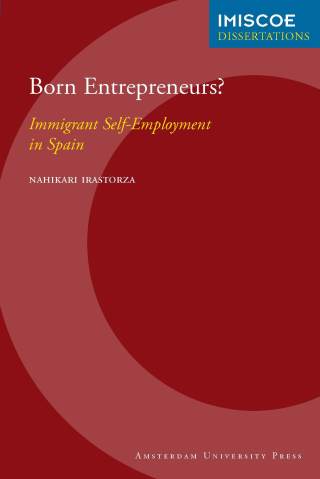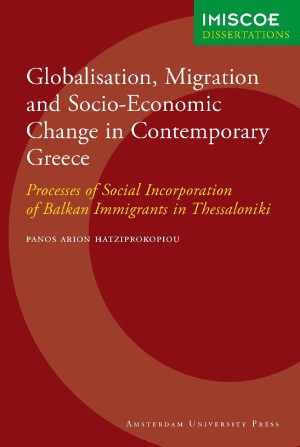This empirical study examines issues surrounding the integration of immigrants in Greece, in particular in Thessaloniki, as well as looking at migrants in neighbouring countries, Albania and Bulgaria. The book suggests that immigrants’ integration should be understood in relation to broader processes of social change, which are increasingly connected to global forces. The transformation of Greece into a multicultural society has taken place during a period of transition and of increasing exposure to the international environment. Within this context, Thessaloniki has become a new home for immigrants from the Balkans in search of new identities.
Integration is seen as a multifaceted and dynamic process. The concept of incorporation is critically introduced, in order to analyse both the ways by which migrants organise their lives in the host society and their structural, institutional and cultural conditions. The analytical framework is built upon an interdisciplinary approach that takes into account different incorporation contexts: socio-political responses, the labour market, housing and social space. A number of additional factors are also considered, e.g. the composition of migrant populations, migratory patterns and dynamics, the role of social networks, immigrants’ strategies.
The book provides an empirical account of the immigrants’ characteristics, explaining the patterns and typologies of immigrants’ integration in Greece. “Immigrants” become a social category “constructed” by exclusionary mechanisms: restrictive immigration policy, labour market exploitation, xenophobia. However, they do make a living in Thessaloniki; their integration is subject to time. gradually, immigrants become organic elements of the host society, which shapes, but is also being shaped by migration.

